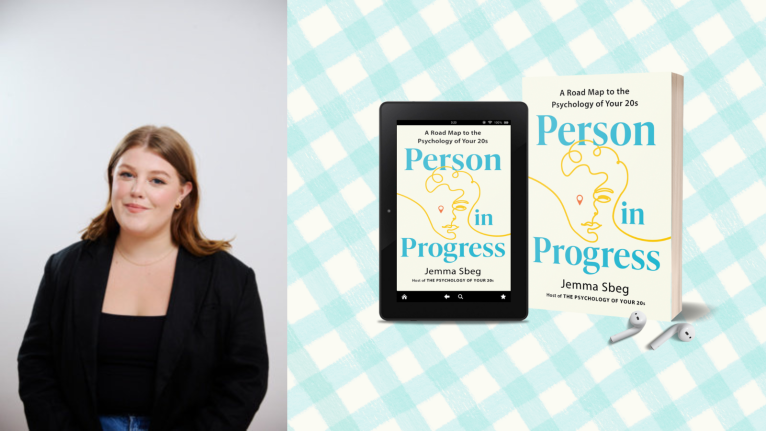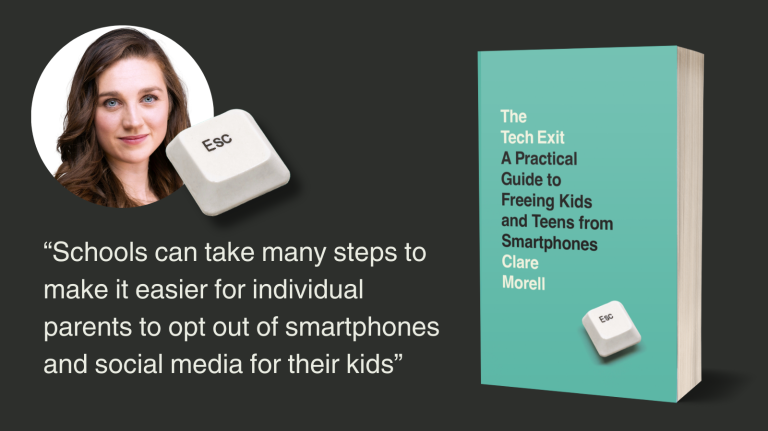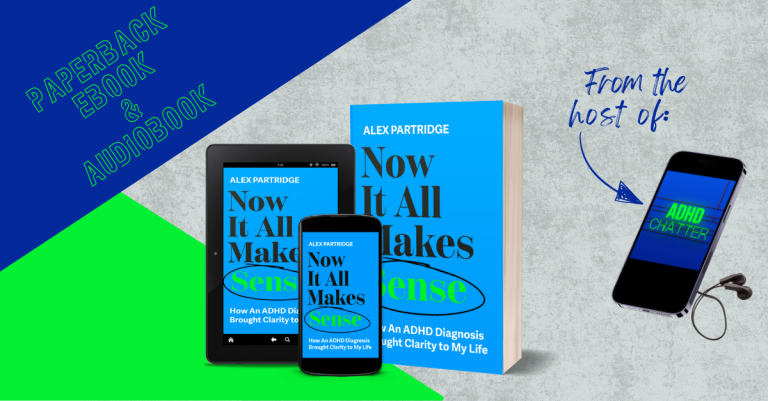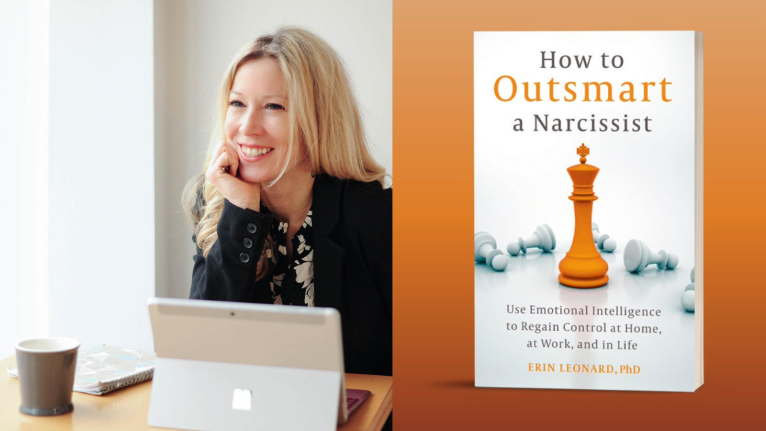Dementia Awareness Week: Should I tell other people about my dementia diagnosis? Will people still accept me?
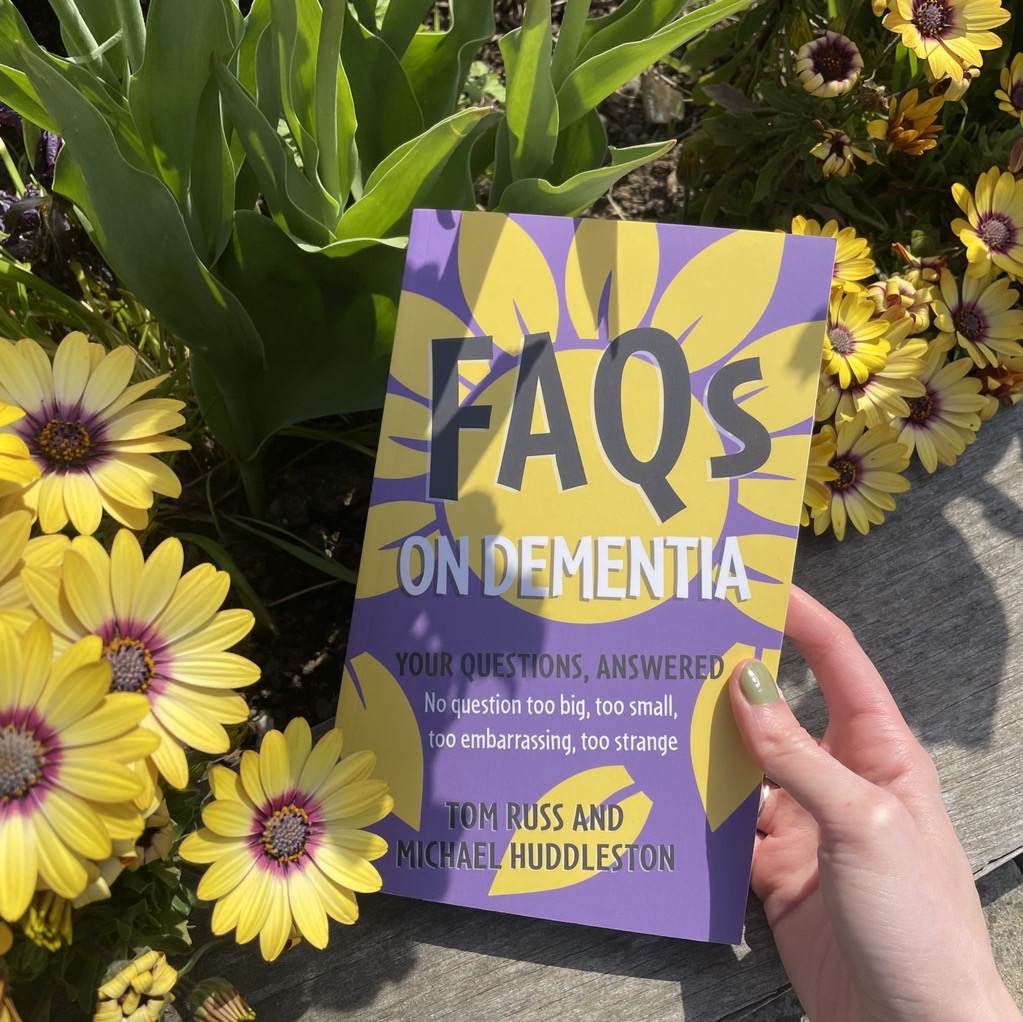
 Between the 29th May and the 4th June is Dementia Awareness Week, and this year’s theme focuses on the stigma around dementia, and how it affects people who are diagnosed at a younger age. As Alzheimer Scotland rightly point out, dementia need not define someone, it is “just one thing about a person – it’s not everything”. With this in mind, we are sharing a helpful chapter from FAQs on Dementia by Tom Russ and Michael Huddleston, that centres on living well with dementia, as well as being accepted by family and friends.
Between the 29th May and the 4th June is Dementia Awareness Week, and this year’s theme focuses on the stigma around dementia, and how it affects people who are diagnosed at a younger age. As Alzheimer Scotland rightly point out, dementia need not define someone, it is “just one thing about a person – it’s not everything”. With this in mind, we are sharing a helpful chapter from FAQs on Dementia by Tom Russ and Michael Huddleston, that centres on living well with dementia, as well as being accepted by family and friends.
Am I still ‘me’ if I have a diagnosis of dementia?
The progress of dementia means that some things will inevitably change – the things you enjoy doing, how you express yourself, relate to others, and respond to and feel about your various experiences. However, with the right support and understanding, you can continue to express preferences and follow your interests, although this might be different from before. Your interests might change as you discover new preferences or begin to relate to people and places in new ways, as the ‘me’ you are now. But this ‘me’ is still continuous with who you have always been.
Should I tell other people about my diagnosis? Will people still accept me?
The general public is more aware of dementia than ever before, partly because of how common it is now. About 1 in 14 people aged 65 years and over have the illness in the UK – and 1 in 3 over 90 years. As a result, many families know someone living with dementia. As average life expectancy across the world continues to increase, so will the number of people affected by dementia.
Many communities have developed ‘dementia-friendly’ or ‘dementia-inclusive’ schemes. These aim to educate as many people as possible about what dementia is, the challenges it can present, and how to support people living with the disease in their everyday lives. Individuals can also become ‘Dementia Friends’ (www.dementiafriends.org.uk) to learn more and show their support.
Consequently, the long-standing stigma attached to dementia is decreasing, and people living with the disease can generally remain active participants in their communities for longer. Shops and other public venues have often adapted their physical environments to ensure they are accessible. Employees are often more mindful of the challenges a person with dementia might experience and feel more confident to offer informed and sensitive support.
With this in mind, many people with dementia feel more able to be open about their diagnosis. Telling people about your diagnosis should not mean that your family or community excludes you. Nor should it mean that you are treated differently, in ways that limit your independence unnecessarily, or patronize you. By contrast, telling people about your diagnosis can help them to understand your experience and to speak with you about how they could support you.
What if my relatives do not accept my diagnosis?
Just as the person diagnosed can struggle to come to terms with the news, their relatives can find it difficult to accept that their loved one has dementia. Besides the many challenging symptoms, how you and your relatives relate to one another could change. You might become less curious, responsive, and empathetic. Whatever the length or nature of a relationship, some elements that define it will alter over time.
It can help to speak openly about your diagnosis and how you and the important people in your life feel about it. Seek out information to understand your condition and learn how all concerned can adapt to and cope with changes. Your local dementia charity can offer support and advice.
What if my family and friends don’t know how to help?
Family and friends might find changes in their relationship with you hard to accept. They might worry that they will need to take on new responsibilities. Communication might be more challenging, and time together less immediately rewarding. Some people might be unsure what you can still do or what you and they should do together. For others, outdated notions that dementia is contagious persist. Such stigmas can lead people to stay away.
If your family and friends do stay away, your risk of becoming isolated increases. In turn, being isolated can affect your mental health and your carer’s, result in a worse experience of dementia, and impact their ability to continue supporting you.
On the other hand, spending time with your family and friends can significantly improve your quality of life. Moreover, your carer might benefit from a break or doing things together with others.
If spending time with your family and friends is difficult, they can still be supportive by collecting food or prescriptions, preparing meals, or helping with forms and finances. These activities might take up your carer’s time, sap their energy, and cause them to feel guilty for not being as focused on supporting you. Sometimes all family and friends need is an invitation to help and guidance on what they can do!
Will I be made redundant from my work?
While most people diagnosed with dementia are older than retirement age, an increasing number of people are diagnosed with ‘young onset’ or ‘working age’ dementia. In the UK, employers are legally obligated to explore reasonable and practicable adjustments to enable a person with dementia to continue to work. Depending on the nature of the specific role, adaptations to tasks, the work environment and working hours must be considered. Employers should also educate their broader workforce to increase awareness and understanding. Employers should take a sensitive and constructive approach that does not directly or indirectly discriminate against the person with dementia. If you are diagnosed with dementia and still working, speak to your employer about your work plans.
If you are diagnosed with dementia and are under 65 years old, you are likely to have a different set of responsibilities than someone diagnosed later in life. Beyond potentially working, you might have a mortgage or be looking after children or older relatives. Since dementia is largely perceived as a disease of older people, younger people with dementia often face more stigma and discrimination. Societal attitudes (‘You can’t have dementia if you can still function’) and access to specialist services can be problematic. The latter might benefit younger people less because they are designed for those born in a previous era, who identify with different cultural touchstones, and who might be more physically frail.
Many organizations providing support to people with dementia have developed services to account for the unique circumstances people who are diagnosed at a younger age are likely to experience. Such services provide opportunities for the person with dementia and their family to meet people adapting to similar life changes.
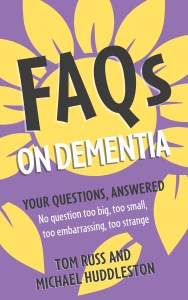
Still have unanswered questions on dementia? Tom and Michael’s book FAQs on Dementia contains all the answers to the questions on dementia you may consider too embarrassing, strange, or silly to ask. Everything you want to know about dementia, answered. Find the book here.

